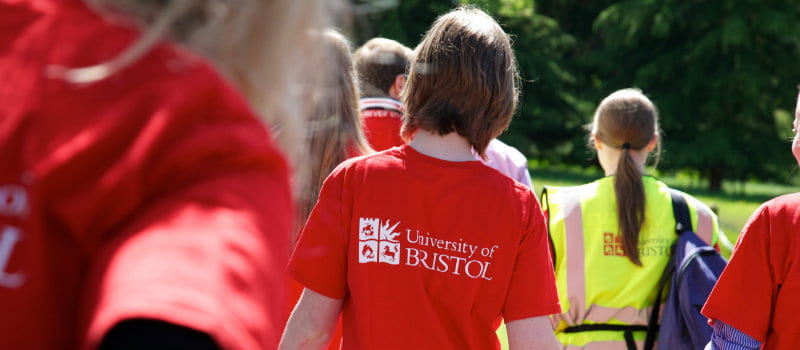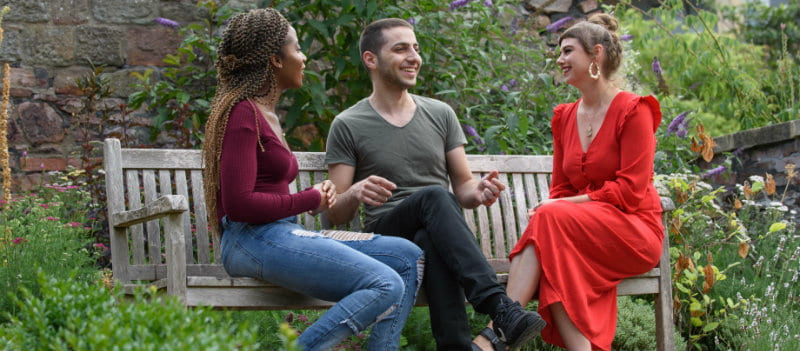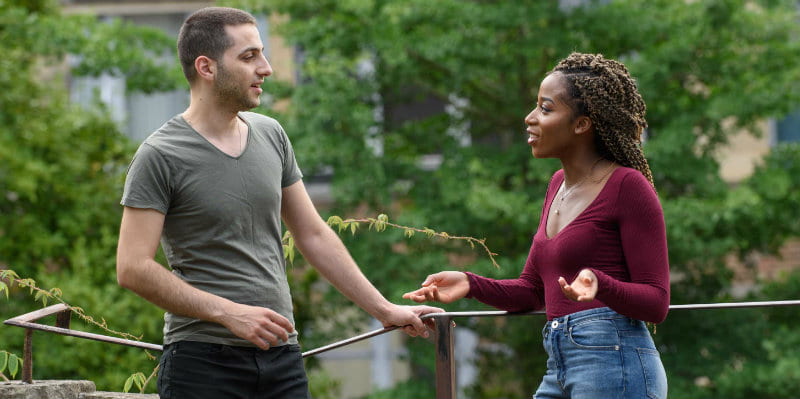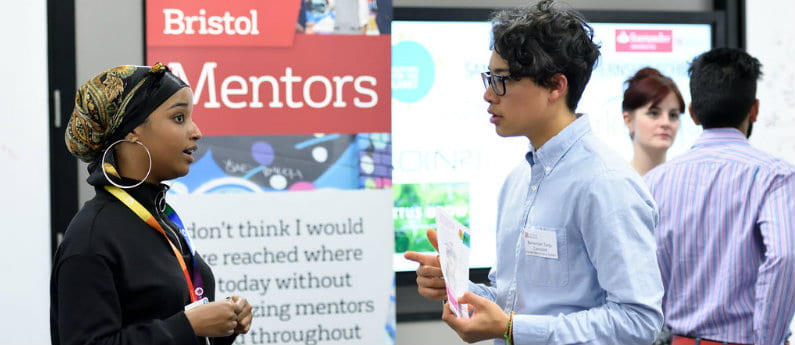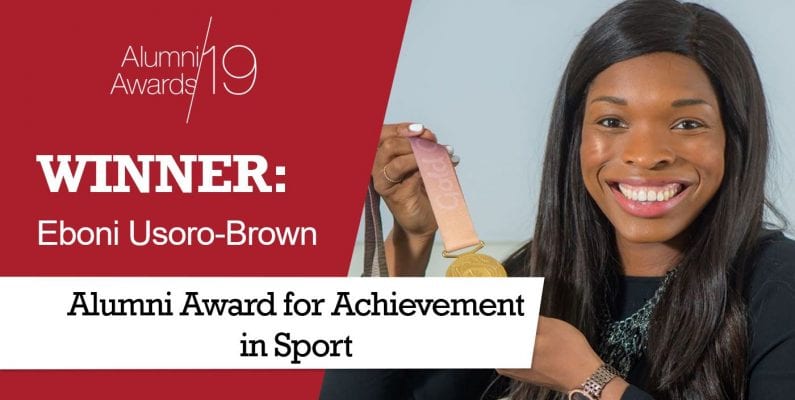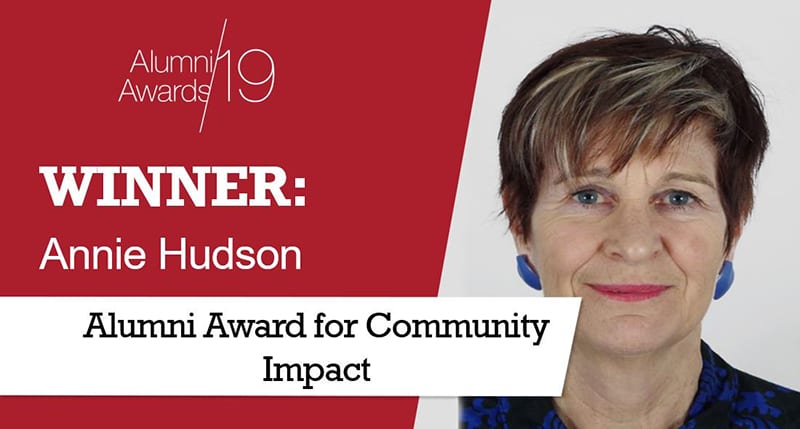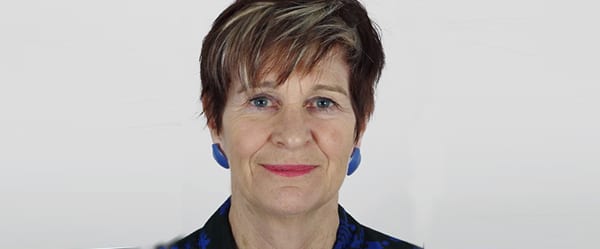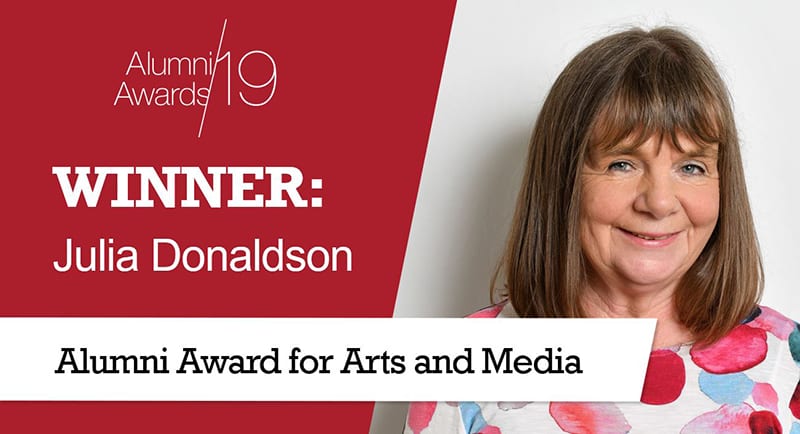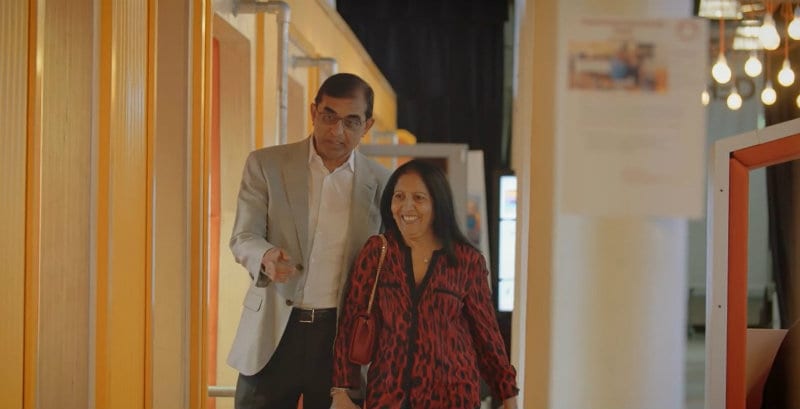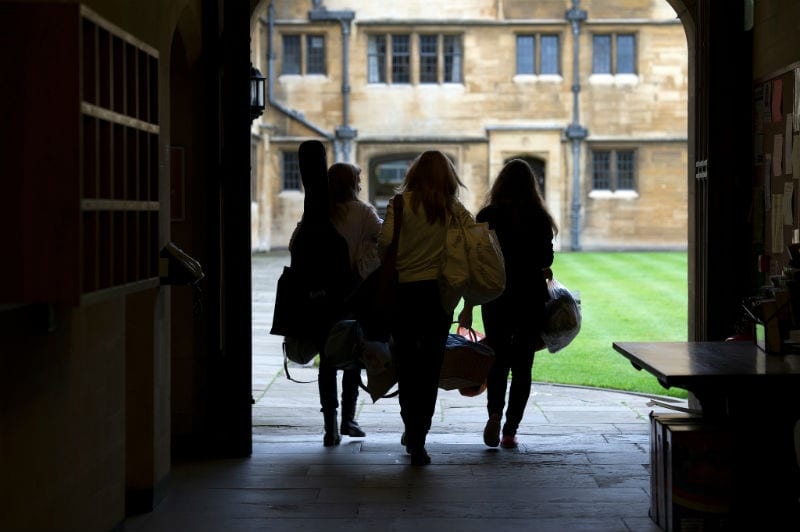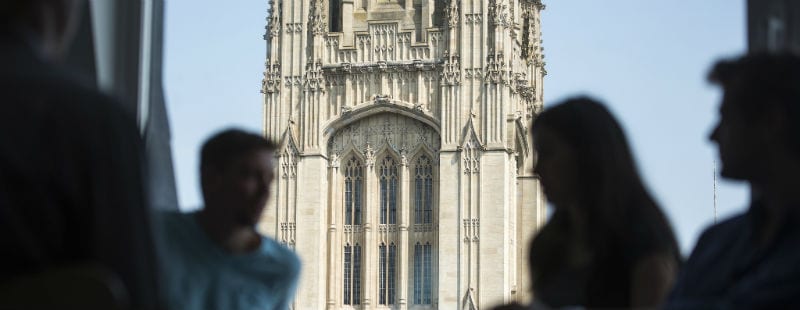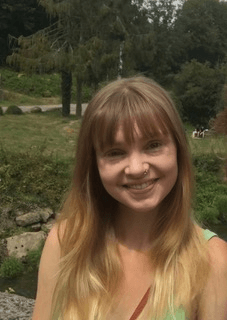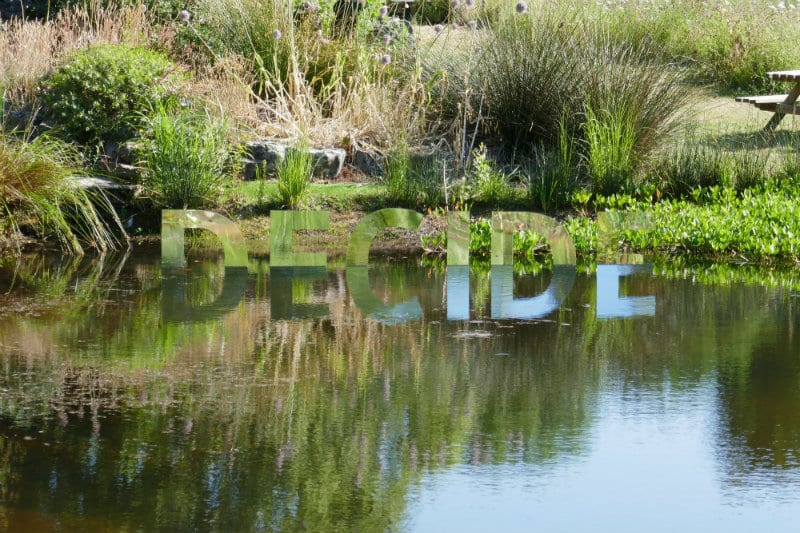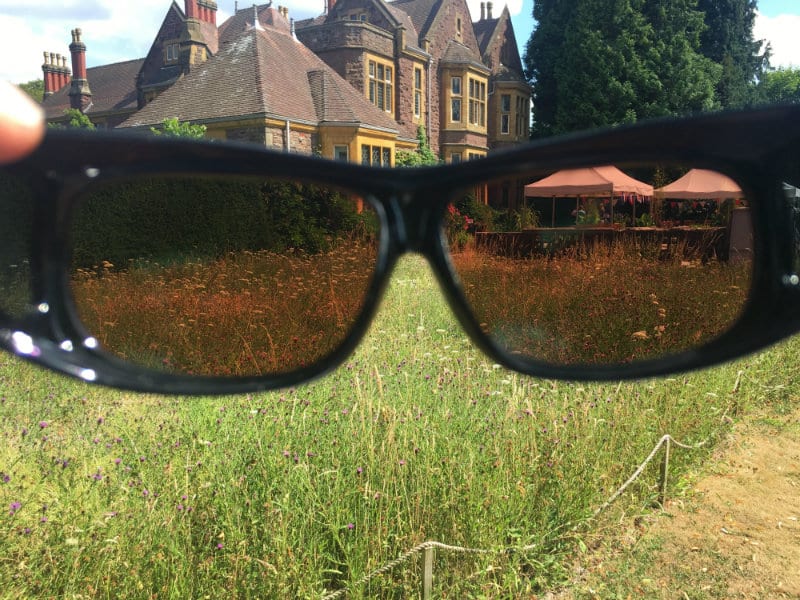We are delighted to announce Erdem Avşar as the 2019 recipient of the Kevin Elyot Award for writer-in-residence at Bristol’s Theatre Collection.

Erdem Avşar is an international playwright, translator and lecturer who holds a master’s degree in Human Rights. His work as a playwright is political and often poetic in its language. He is fascinated with form and style and with the idea of queering dramatic realms and structures.
Erdem was selected to Royal Court Theatre’s International New Writing Scheme where he completed his play Dark Pink under the supervision of Zinnie Harris, Mark Ravenhill and Richard Twyman. His other political plays include his short play #occupylove (showcased at the Traverse Theatre as part of the TravNewTalents event Words, Words, Words), #politicsoftea (accepted to National Theatre of Scotland’s “Yes, No, Don’t Know” festival, co-curated by David Greig and David MacLennan) and The Contestant (opened at the Quartieri dell’Arte festival in Italy last year).
Erdem won the EU Collective Plays! International Playwriting Competition co-funded by the Creative Europe Programme. After a series of writing residencies in Italy, he wrote a polyvocal play, the Boy with Scar, in collaboration with three other playwrights. The play premiered at the 22nd Quartieri dell’Arte festival and it had a multinational cast and creatives from Italy, England, Northern Ireland, Turkey and Benin.
His translations of three Zinnie Harris plays premiered at DOT Theatre, Istanbul. His translation of Midwinter was listed in the 2017 Honours List of Eurodram – Network for Drama in Translation. He has recently won the University of Glasgow’s Lord Kelvin/Adam Smith PhD Scholarship for a research on queer theatre as political intervention. He is also a UNESCO RILA Affiliate Artist, a network of artists that work within the realm of refugee integration through languages and the arts. Erdem grew up in Istanbul and is based in Glasgow and Istanbul.
On receiving the good news from Jo Elsworth (Director: Theatre Collection, Faculty of Arts and Director of Cultural Collections – Secondment, Library Services) Erdem had this to say:
Thank you very much, once again, for this amazing news and I am grateful to everyone who considered my application worthy of this brilliant award. Sometimes a wonderful news gains even more significance. I am currently in Istanbul and it was heartbreaking to witness another Pride march being violently attacked last week. Since then I have been struggling to think of new ways of creating something that mattered, a work that could have an impact. And I must admit that things looked quite bleak. Then I received your phone call – a huge encouragement, excitement, and hope, that came at such a perfect time. I am absolutely delighted. I cannot wait to join you in Bristol and start discovering (and devouring!) Elyot’s materials in the archive.
_____________________________________________________________________________
The Kevin Elyot Award is an annual award of £3,000 given to support a writer-in-residence at the University of Bristol Theatre Collection. It is made in memory of Kevin Elyot (1951-2014) – an alumnus of the University Drama Department – and the influence he has had on writing and the Arts. It is hoped that the award will enable a writer to be inspired by his work and help them develop their own practice. The Kevin Elyot Archive is held at the Theatre Collection, and comprises scripts, correspondence, manuscript and publicity material detailing Elyot’s working process from initial idea to finished product. The Theatre Collection is one of the world’s largest archives of British theatre history and Live Art and is an accredited museum and international research facility open to all.
The award has been generously funded by a gift given to the University by members of Kevin’s family. The award will support a promising writer, practitioner or scholar to begin the process of creating a new written work. The award holder will use the Kevin Elyot Archive as well as other holdings within the Theatre Collection to inspire a new dramatic work or other creative or academic outcome.

